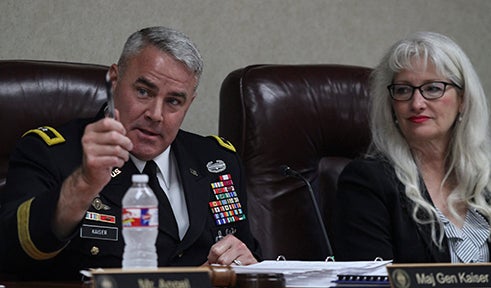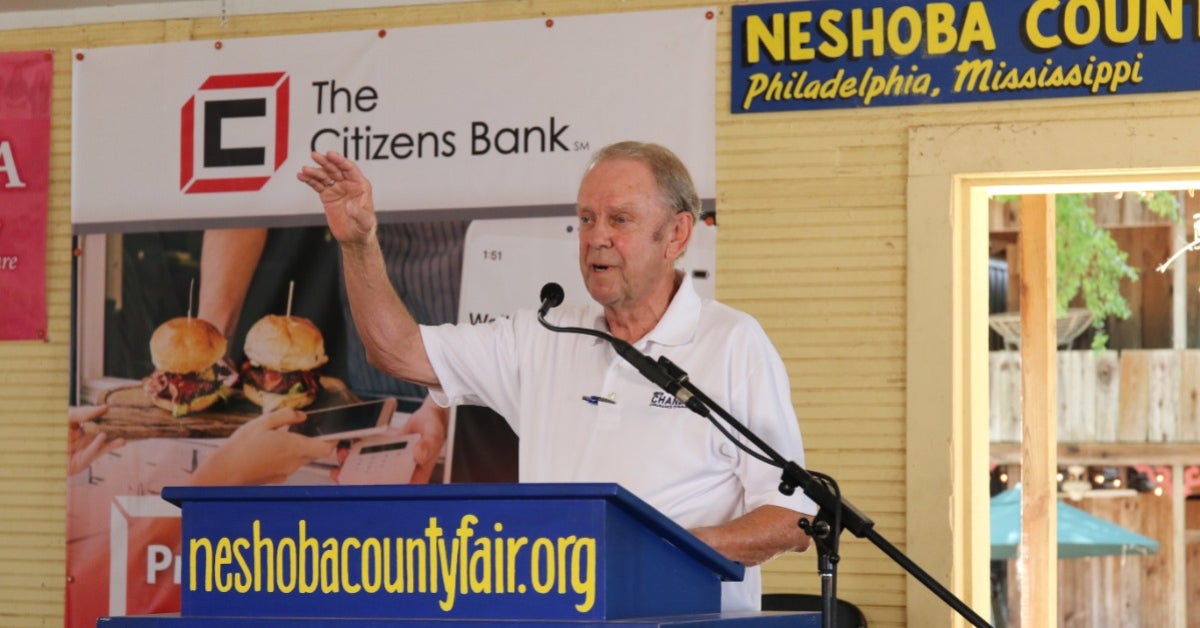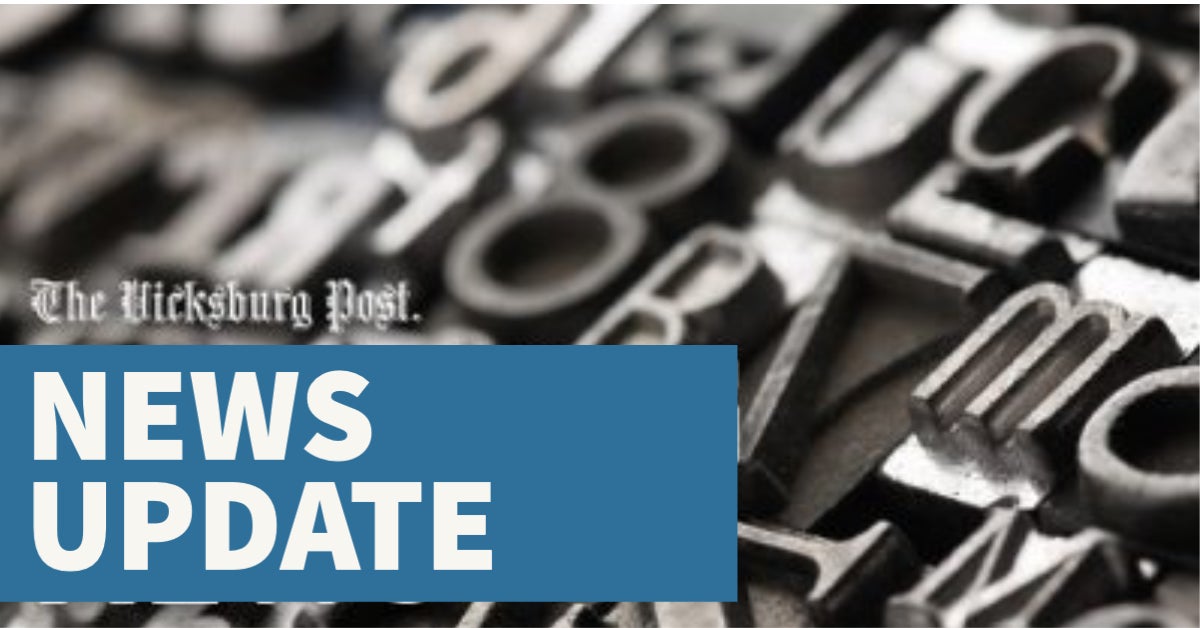Sediment build up a potential flood hazard for basin
Published 7:53 pm Wednesday, August 22, 2018

- Commander of the Mississippi Valley Division and President of the Mississippi River Commission General Richard G. Kaiser speaks during the Mississippi River Commission Public Meeting aboard the Motor Vessel Mississippi docked at the Vicksburg Riverfront Wednesday. (Courtland Wells/The Vicksburg Post)
The U.S. Army Corps of Engineers needs to take another look at maintenance in the Big Sunflower River Basin, the chief engineer for the Mississippi Levee Board said.
Peter Nimrod told a public hearing of the Mississippi River Commission in Vicksburg Wednesday that sediment built up in the 50 years since the completion of the Big Sunflower Rivers and Tributaries Project, is a potential flood hazard for the 633-mile basin in the Mississippi Delta.
He said a Corps study in the basin 25 years ago indicated 3 to 5 feet of sediment built up in some of these streams, leading to the Big Sunflower Maintenance Project, which included 10 project and 130 miles of streams “that they were actually going to do some dredging on the sediment that got built up over time.”
However, he said, the program ran into problems and was halted.
“This maintenance project would reduce flooding in the Delta by 3 feet, which is huge,” he said. “We (the Levee Board) would love to go back and look at it,” he said. “We need to Corps to go back and resurvey our streams and find out how much sediment is built up, and let’s get the Corps to design and build a maintenance program to restore the 1960s flood control capacity of our streams.”
Other projects
Nimrod also discussed current Levee Board projects along the river and in the Big Sunflower and the Yazoo River Basin, and expressed concern for sand boils located in different areas along the main levee system.
In another matter, Harvey Parrish of the Farmers Grain Terminal in Greenville, asked the commission if the company could get a national permit to dredge at its terminal at Lake Village, Arkansas. He said he was told he would have to apply got a general dredging permit, which requires the dredge spoils to be disposed of on the landside of the levee, which he said is costly.
A national permit, he said, would allow the dredge spoils to be returned to the river and spread out.
Also speaking was George Williams with Lake Mary Planting Co. in Woodville, which grows soybeans and timber, who said the company, which has a 7-mile front along the river has been hit several times by Mississippi River flooding, and showed photos and videos of sand deposited by flooding covering bean fields and soil in the time stands.
He said 30 acres of soybeans were lost to sand deposits from flooding, adding the land was under 10 feet of water during the 2018 flood.
The hearing in Vicksburg is one of four meetings held by the commission on its annual low-water tour. Other meetings were in Caruthersville, Missouri; Memphis, Tennessee. A fourth meeting is Friday in Morgan City, Louisiana.
The hearings are held to hear about problems and concerns from residents living in the division’s area, which goes from the Canadian border to Head of Passes Louisiana.
“This is civics in action; democracy in action,” commission president Maj.Gen. Richard Kaiser said. “Of all the rivers in the world, the Mississippi is unique; it will go where it wants to go, and it has over the years.”






